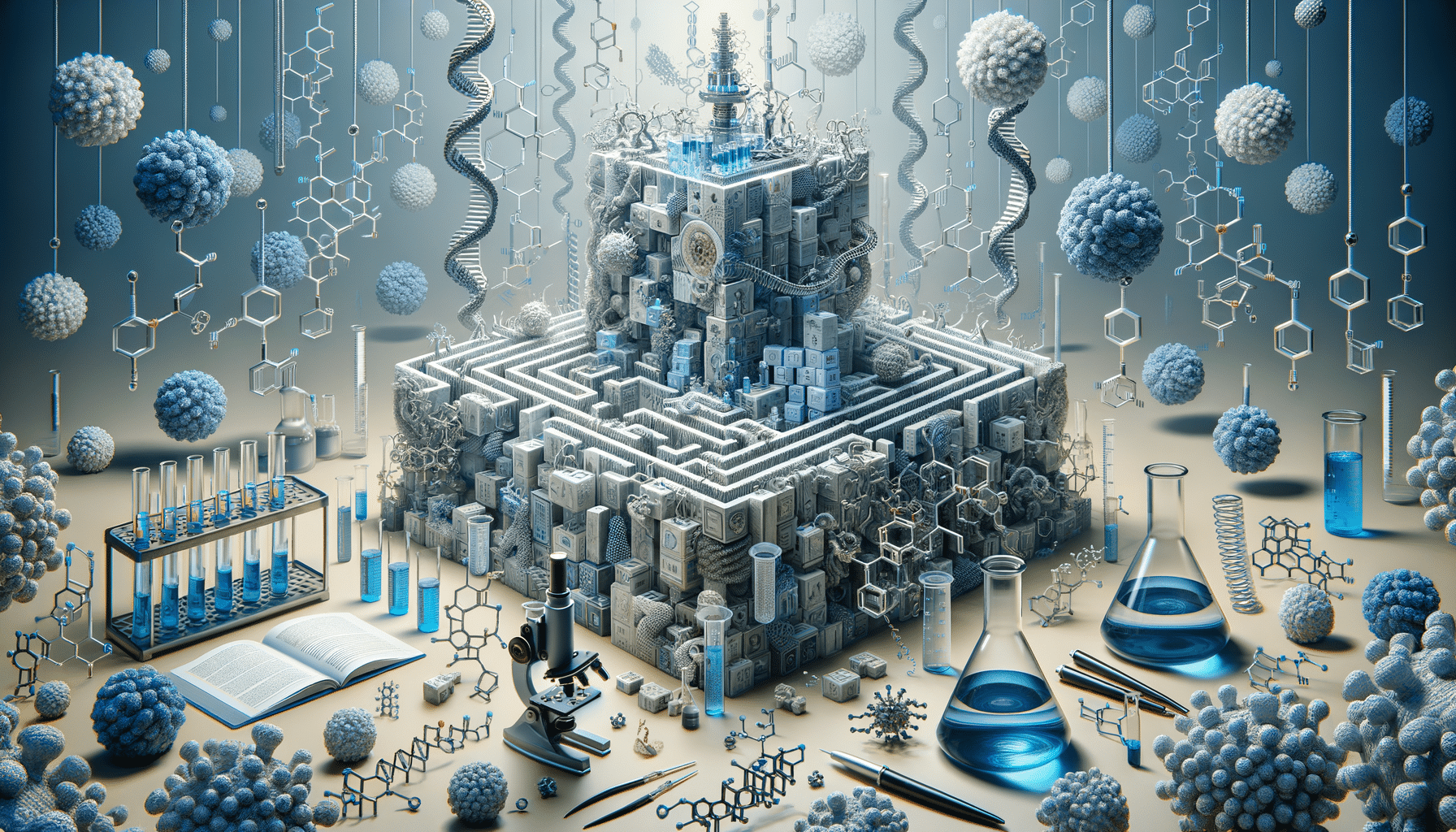
Understanding the Complexities of Antibody Production
Introduction: The Significance of Antibody Production
Antibody production is a cornerstone of modern medical science, playing a vital role in diagnostics, therapeutics, and research. Antibodies, also known as immunoglobulins, are proteins produced by the immune system to identify and neutralize foreign objects such as bacteria and viruses. The ability to produce antibodies on a large scale has enabled the development of various treatments for diseases ranging from cancer to autoimmune disorders. However, the process of antibody production is fraught with challenges that can affect both the efficiency and the quality of the final product. Understanding these challenges is essential for advancing medical research and improving therapeutic outcomes.
Technical Challenges in Antibody Production
The production of antibodies involves several technical hurdles that can complicate the manufacturing process. One of the primary challenges is ensuring the high specificity and affinity of the antibodies. Specificity refers to the ability of an antibody to bind to a particular antigen, while affinity measures the strength of this binding. Achieving both high specificity and affinity is critical for the effectiveness of antibodies in therapeutic applications.
Another significant technical challenge is the expression system used to produce antibodies. Common systems include bacterial, yeast, and mammalian cells, each with its own advantages and limitations. For instance, mammalian cells are often preferred for producing complex proteins like antibodies because they can perform necessary post-translational modifications. However, they are also more expensive and time-consuming to culture compared to bacterial systems.
Moreover, the purification process poses its own set of challenges. Antibodies must be purified to a high degree to ensure safety and efficacy, which requires sophisticated techniques such as chromatography. Each step in the production process must be meticulously controlled to maintain the quality of the antibodies, adding layers of complexity to the overall manufacturing process.
Economic and Logistical Challenges
The economic and logistical aspects of antibody production present additional challenges. The cost of producing antibodies is significantly high due to the need for specialized equipment, skilled personnel, and stringent quality control measures. This financial burden can limit the accessibility of antibody-based treatments, particularly in low-resource settings.
Logistically, scaling up production to meet demand while maintaining quality is a complex task. The production facilities must comply with rigorous regulatory standards, which can vary by country. This necessitates a thorough understanding of international regulations and the ability to adapt production processes accordingly.
Furthermore, the supply chain for raw materials and reagents used in antibody production must be robust and reliable. Disruptions in the supply chain can lead to delays and increased costs, impacting the overall efficiency of antibody production. As such, manufacturers must carefully manage their resources and plan for potential disruptions.
Regulatory and Ethical Considerations
Regulatory compliance is a critical aspect of antibody production, ensuring that products are safe and effective for human use. The regulatory landscape is complex, with agencies such as the FDA and EMA setting stringent guidelines that manufacturers must follow. These regulations cover various aspects of production, including quality control, clinical trials, and post-market surveillance.
Ethical considerations also play a significant role in antibody production. The use of animals in the production and testing of antibodies raises ethical concerns that must be addressed. Researchers and manufacturers are increasingly adopting alternative methods, such as in vitro systems and computational models, to reduce the reliance on animal testing.
Additionally, the equitable distribution of antibody-based treatments is an ethical issue that must be considered. Ensuring that these treatments are accessible to all populations, regardless of socioeconomic status, is a challenge that requires collaboration between governments, manufacturers, and international organizations.
Future Directions and Innovations
Despite the challenges, the future of antibody production is promising, with ongoing research and technological advancements paving the way for improvements. Innovations in genetic engineering and synthetic biology are enabling the development of more efficient production methods, potentially reducing costs and increasing accessibility.
One area of focus is the development of recombinant antibodies, which are engineered to have specific properties such as enhanced stability or reduced immunogenicity. These recombinant antibodies can be produced in non-mammalian systems, potentially lowering production costs and simplifying the manufacturing process.
Advancements in automation and artificial intelligence are also poised to revolutionize antibody production. Automated systems can streamline various stages of production, from cell culture to purification, reducing the potential for human error and increasing efficiency. AI-driven analytics can optimize production parameters, improving yield and quality.
As these innovations continue to evolve, they hold the potential to overcome many of the current challenges in antibody production, ultimately enhancing the availability and effectiveness of antibody-based therapies.
Conclusion: Navigating the Challenges of Antibody Production
Antibody production is a complex and multifaceted process that is essential for the advancement of modern medicine. While the challenges are significant, they are not insurmountable. By understanding and addressing the technical, economic, regulatory, and ethical issues, the scientific community can continue to improve antibody production methods. As new technologies and innovations emerge, they offer the potential to overcome these challenges, making antibody-based treatments more accessible and effective for patients worldwide. The journey of antibody production is one of continuous learning and adaptation, and it remains a critical area of focus for researchers and manufacturers alike.


